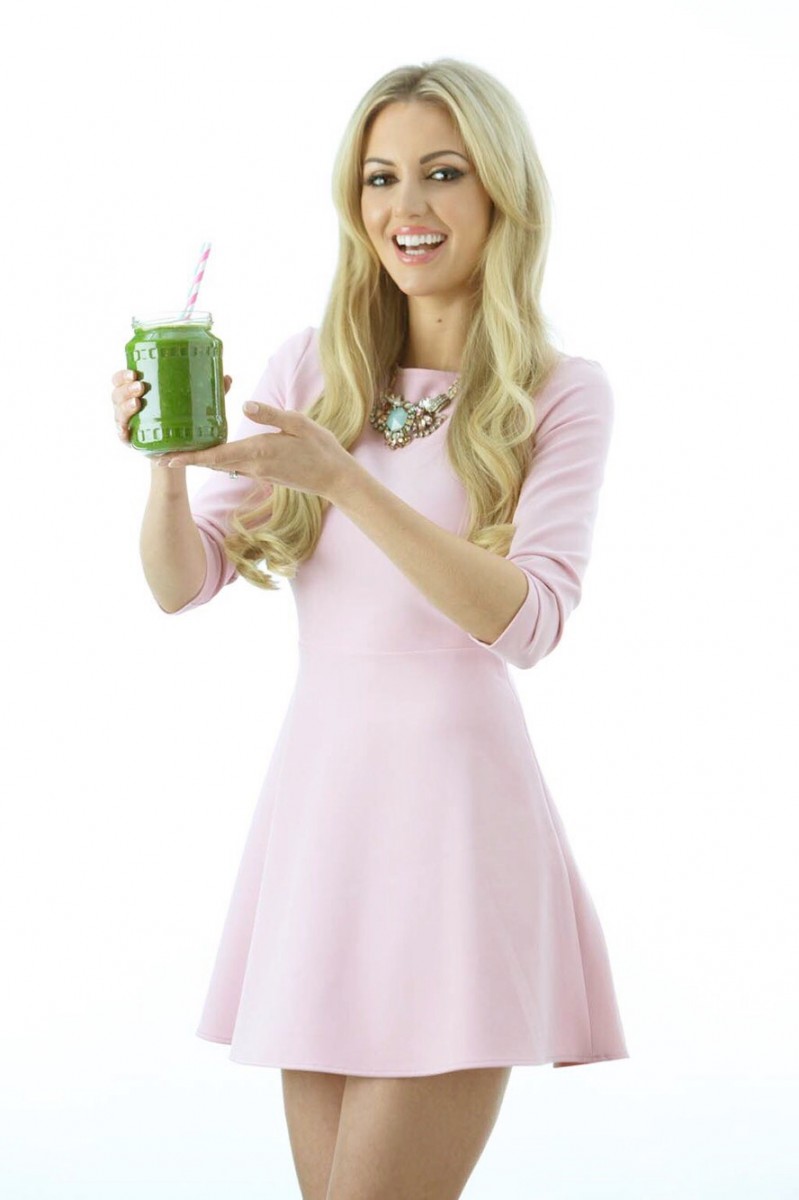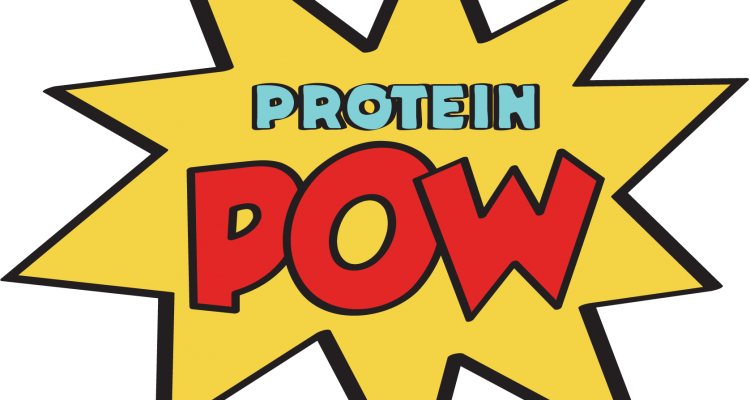I always find it amusing that once I mention to somebody that I choose not to eat animal protein foods like meat, eggs and fish, their immediate question is always “where do you get your protein from?”
We have been so conditioned to believe that the only worthwhile sources of protein come from animals. Yet many of these animals are plant eaters themselves. Think of a cow, which grows huge bones, gives birth to a calf each years and produces gallons of milk. She doesn’t require constant meat, eggs and protein powders in her diet because she gets everything she needs from eating plants! I’m just cutting out the middle man, so to speak, and gaining all the benefits of the plant’s nutrition and none of the cholesterol and saturated fat of the animal food. It’s a win-win!
Protein is such an important nutrient in our diet, and I always aim to eat a protein food with each meal or snack. When we eat protein, it gets broken down into amino acids, which are then rebuilt in various chains specific to humans, for a whole host of different functions in our body, from growth and repair of muscles, to producing enzymes and antibodies.
There are nine essential amino acids which can’t be made in our body, and must be eaten in our everyday foods. But our body can cleverly store up amino acids throughout the day and release them when needed, so we don’t even need to combine different foods like rice and beans, to receive the full amount of essential amino acids in one go. And all whole foods contain amino acids, even fruit! So if you’re eating enough calories from whole foods, then it’s almost impossible to follow a diet that is deficient in protein.
Some people have greater needs for protein than others, such as athletes and those with muscle-wasting diseases. In fact, I had a client in 2013 who was HIV positive and training for a triathlon, so I had to design a diet very rich in protein for him. I included chicken, salmon, eggs and protein powder, but for the majority of people, a plant-based diet, if you do choose to follow one, will always provide plenty of essential amino acids.
I always aim to design the recipes on this site to be rich in amino acids from different sources, to ensure that we’re getting the full range of essential ones for all of our daily needs. Protein also helps to keep us feeling full and less likely to snack sugary or fatty foods, plus eating protein with every meal helps to stabilise blood sugar levels and even steady our emotions too! So if we’re clever about where our protein comes from, we can be sure to get all the amino acids and other nutrients we need, but of course none of the artery-clogging cholesterol, or hormones and antibiotics found in many animal protein foods.
Here are my top five high-protein plant-based foods:
1. Quinoa
Originating from South America, quinoa is actually a seed rather than a grain and is naturally gluten-free. With 11g of protein per cup, it contains all of the essential amino acids, plus fibre and minerals like manganese, phosphorus, copper and magnesium. It’s also a good source of antioxidant phytonutrients, including quercetin. These protect our cells from free radical damage and accelerated ageing. Hurrah!
2. Lentils:
Tiny nutrient powerhouses! High-fibre, low fat, packed with antioxidants and essential minerals, and with 17.9g of protein per cup. Lentils are so simple to cook with and I throw them into soups, salads, curries and I love to make lentil-based dishes, like my
roast butternut squash, lentil and spinach stew.
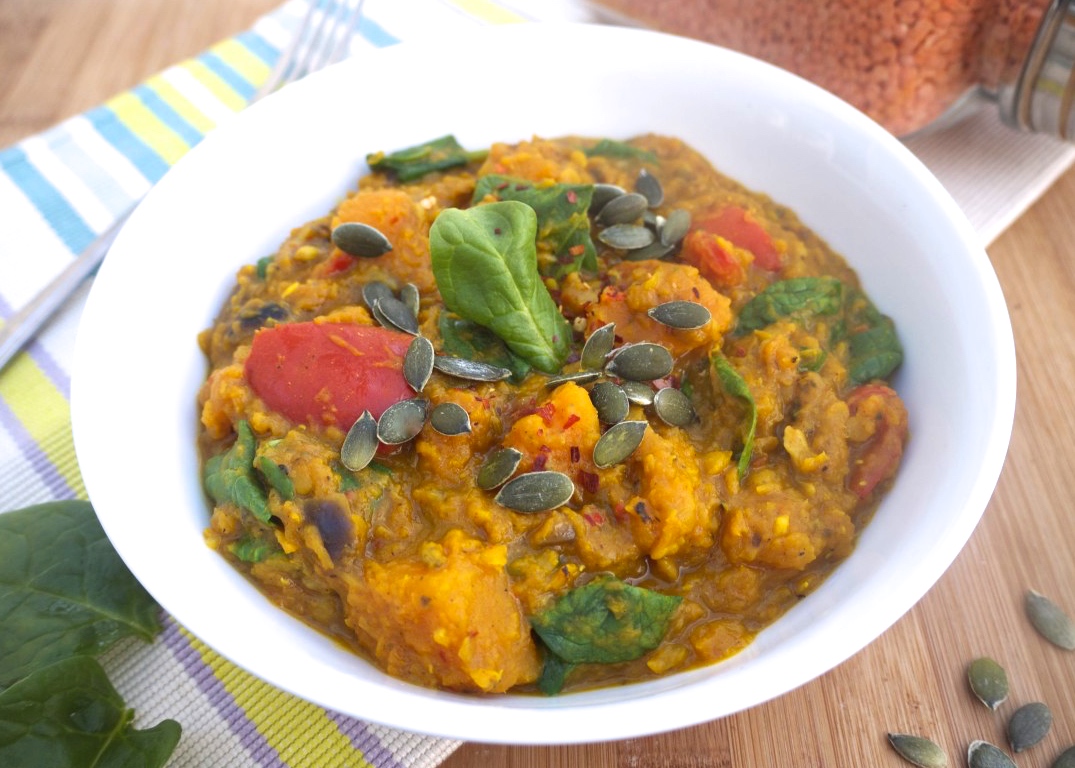
3. Hemp Seeds:
One of the very best sources of complete plant-based protein, and also the perfect balance of omega-6 to omega-3 fats, to keep our skin smooth and plump. Hemp seeds are so versatile, and can be thrown into smoothies and soups or sprinkled on just about anything! They also work really well in protein pancakes, like my buckwheat banana and hemp power protein pancakes.
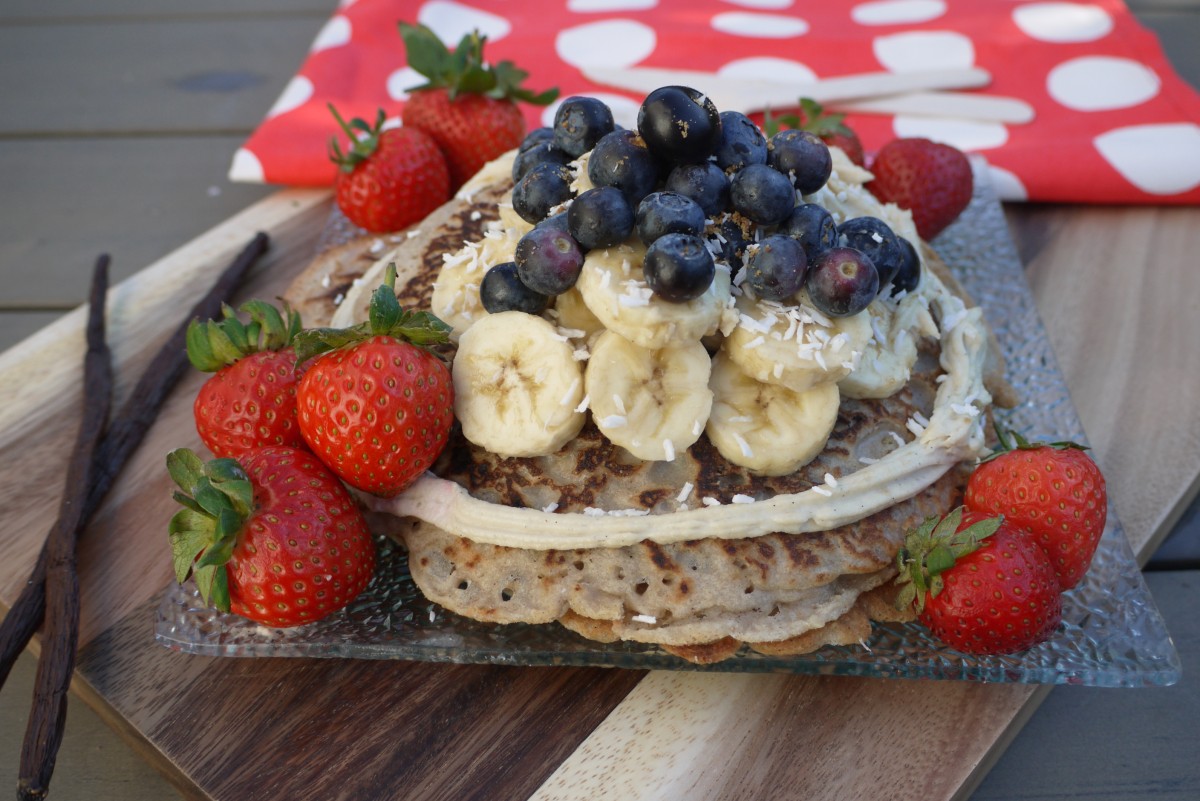
4. Beans:
Good old beans are a staple in my diets they’re so versatile and come in a huge range of varieties. With 12-15g of protein per cup, they’re a brilliant muscle building food as they’re also low in fat but high in fibre, vitamins and minerals like iron, calcium and zinc. I’m especially partial to kidney beans, black beans and chickpeas, and homemade hummus is so simple to whip up. I love this curried chickpea and wild rice stir-fry 🙂
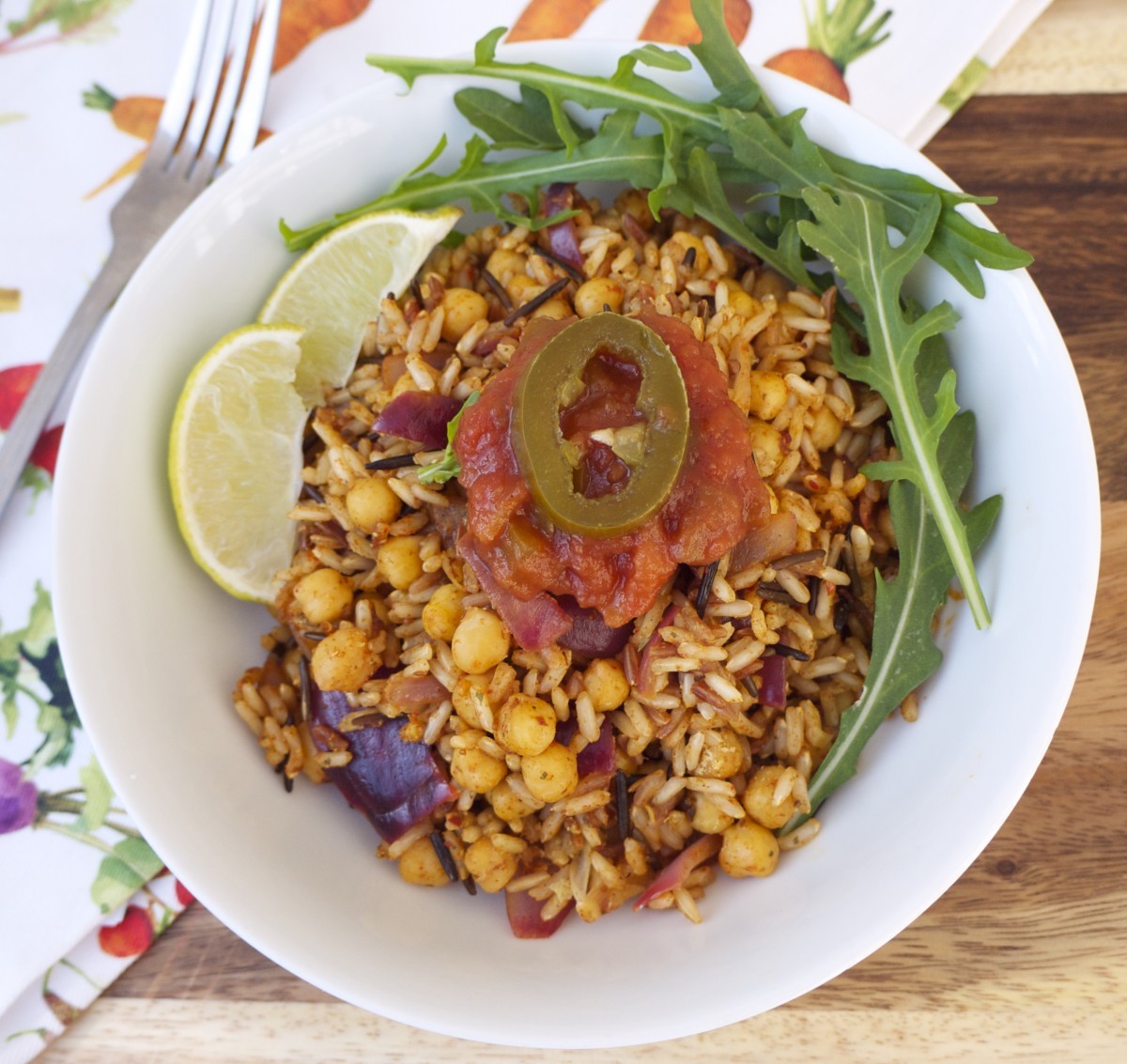
5. Spirulina:
It may taste very ‘green’, but this micro algae is an incredible source of easily absorbed protein. In fact, spirulina boasts a whopping 60% protein, which makes it the highest of any naturally found food. It’s a powerful food and easy to incorporate into our daily diet. I often pop a small spoonful into my green goddess smoothies!
